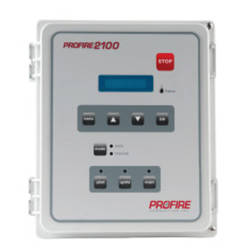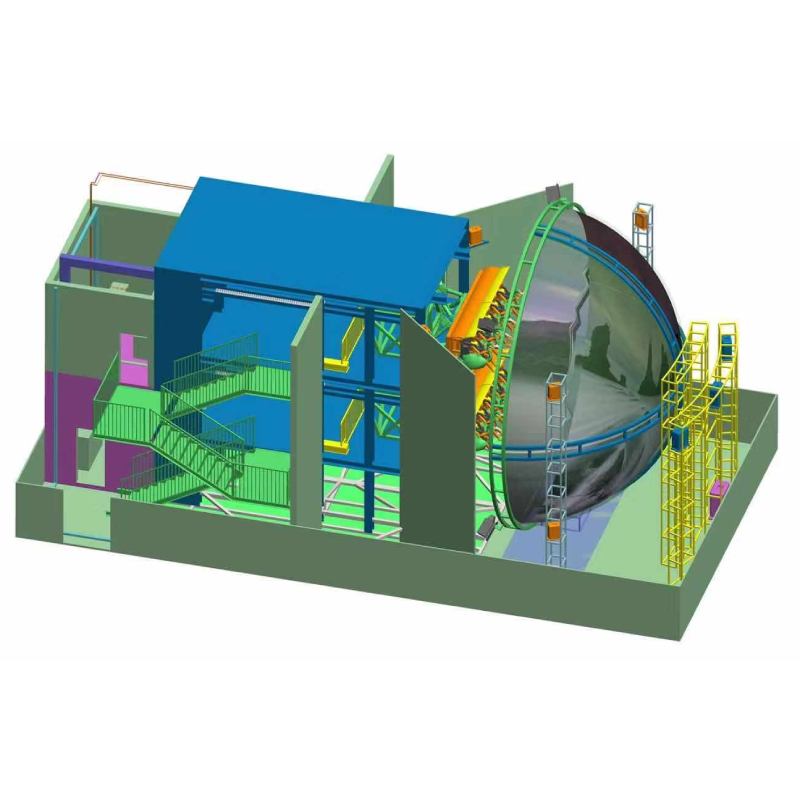2 月 . 20, 2025 10:06
Back to list
Cross-lake roller coaster
Acquiring a roller coaster train for your amusement park, fairground, or private collection is an investment that demands careful consideration. These iconic rides symbolize more than thrills; they are cornerstones for business ventures and prestigious additions for enthusiasts. Understanding how to navigate this purchase successfully hinges on expertise and a comprehensive understanding of the market.
In one notable case, an amusement park enhanced its reputation by introducing a vintage roller coaster train, backed by a robust marketing campaign highlighting the ride's rich history and the meticulous restoration work that had been undertaken. Such narratives resonate with visitors, cultivating loyalty and repeat business. Authoritativeness in the roller coaster industry extends beyond purchase; maintaining a train involves adherence to rigorous standards. Regular training sessions for operators, certification in safety protocols, and continuous investment in technology updates form the backbone of a trustworthy operation. Moreover, having an in-house team capable of conducting regular maintenance checks ensures a train remains in optimal condition year-round, minimizing downtime and enhancing customer satisfaction. For buyers interested in exploring the market, many platforms and brokers specialize in theme park equipment. They offer listings that can be filtered by factors such as size, capacity, and historical significance. It's advisable to engage with these resources while staying informed about the latest industry trends through publications and trade shows. In conclusion, purchasing a roller coaster train is a multifaceted venture that balances excitement and responsibility. Infusing personal experience with industrial expertise, potential buyers can make informed decisions that uphold the values of excellence, safety, and customer fulfillment. As a trusted figure in this domain, ensure that every stage of your purchase is backed by credible insights and strategic foresight, reinforcing your reputation as both a discerning buyer and a conscientious operator.


In one notable case, an amusement park enhanced its reputation by introducing a vintage roller coaster train, backed by a robust marketing campaign highlighting the ride's rich history and the meticulous restoration work that had been undertaken. Such narratives resonate with visitors, cultivating loyalty and repeat business. Authoritativeness in the roller coaster industry extends beyond purchase; maintaining a train involves adherence to rigorous standards. Regular training sessions for operators, certification in safety protocols, and continuous investment in technology updates form the backbone of a trustworthy operation. Moreover, having an in-house team capable of conducting regular maintenance checks ensures a train remains in optimal condition year-round, minimizing downtime and enhancing customer satisfaction. For buyers interested in exploring the market, many platforms and brokers specialize in theme park equipment. They offer listings that can be filtered by factors such as size, capacity, and historical significance. It's advisable to engage with these resources while staying informed about the latest industry trends through publications and trade shows. In conclusion, purchasing a roller coaster train is a multifaceted venture that balances excitement and responsibility. Infusing personal experience with industrial expertise, potential buyers can make informed decisions that uphold the values of excellence, safety, and customer fulfillment. As a trusted figure in this domain, ensure that every stage of your purchase is backed by credible insights and strategic foresight, reinforcing your reputation as both a discerning buyer and a conscientious operator.
Next:
Latest news
-
Top Amusement Equipment Manufacturer Rock n Roller Coaster & Carousel ManufacturerJun.10,2025
-
World's Scariest Roller Coaster Experience Ultimate Thrill & HeightJun.10,2025
-
Ultimate Thrill Ride Roller Coaster High-Speed, Safe AdventureMay.30,2025
-
Carousel Mansfield Rides Premium Indoor & Event SolutionsMay.30,2025
-
T3 Roller Coaster High-Thrill, Safe Ride for Theme Parks & ResortsMay.30,2025
-
Roller Coaster Cart Design Custom-Built & High-Safety Thrill Ride VehiclesMay.30,2025
